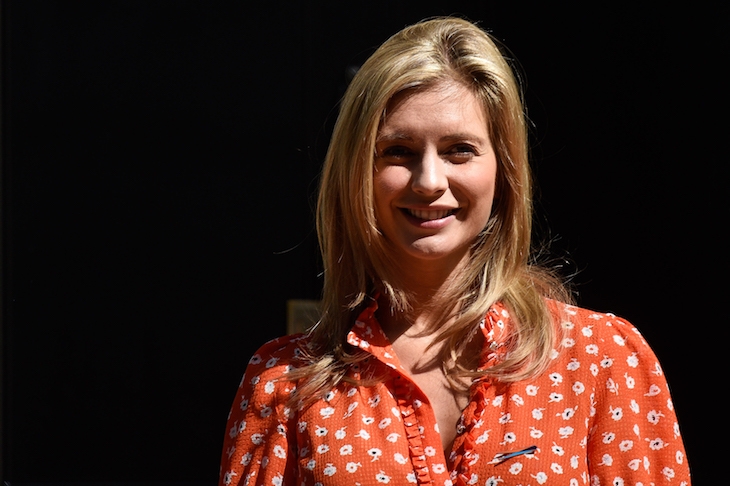I have in the past received thousands of abusive social media messages at a time. I used to feel that not responding to trolls or blocking them was weak, so I would call them out and try to engage in a reasoned debate. The ‘Don’t Feed the Trolls’ guide from the Center for Countering Digital Hate totally changed the way I interact on social media. It showed me, using evidence, why engaging with posts by those who use identity–based hate — against women, LGBT people and racial or religious minorities — is the wrong approach.
Racist, sexist and homophobic trolls are looking for a reaction, because it rebroadcasts their posts to my followers and indicates to social media algorithms that this is something that might be interesting to a wider audience — the opposite effect to what I would want. I now block trolls as standard practice, and I’ve changed my settings so I don’t see as much of their bile.

Get Britain's best politics newsletters
Register to get The Spectator's insight and opinion straight to your inbox. You can then read two free articles each week.
Already a subscriber? Log in






Comments
Join the debate for just $5 for 3 months
Be part of the conversation with other Spectator readers by getting your first three months for $5.
UNLOCK ACCESS Just $5 for 3 monthsAlready a subscriber? Log in